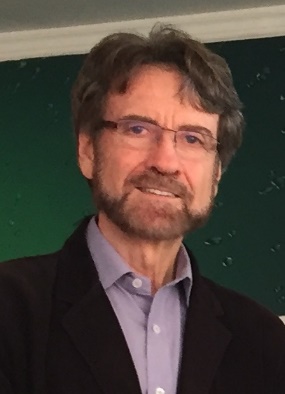
Collecting survey data can be expensive and time-consuming; therefore it is appropriate to ensure that usable and reliable data are collected. This course is designed to prepare participants to build hard copy or internet surveys to meet a variety of needs.
Dr Gordon Emmerson is a specialist in quantitative research. He taught undergraduate and postgraduate statistics programs at Victoria University within the Psychology Department, where he currently holds the position of Honory Fellow. He coordinated a major in Social Research Methods. Gordon was employed as a statistical/methods advisor to university staff in the US at Kansas State University in the late 1980s. He is an experienced group facilitator and regularly conducts workshops across a range of topic areas. He is an experienced user of data management and statistical packages including SPSSwin, Excel and Access. He has also undertaken a number of consultancies in quantitative research in the health and education sector.
This two day workshop will focus on questionnaire design: types of questions, types of response categories, open versus closed ended questions, questionnaire layout and order of questions and questioning, common mistakes, pilot testing and specific issues such as “The importance of Cover Design.” The workshop includes practice designing the layout of surveys and practice critiquing and writing questions and responses.
Learning Objectives:
Topics that are covered include uses of surveys, constructing survey questions that are clear and unbiased, the need to match attitudinal or behavioral data collection with the purpose of the survey, and combining objective and open-ended questioning in order to enhance the usability of results.
Types of data that can be collected in surveys will be covered, as well common mistakes made with surveys. The use of an internet survey tool will be demonstrated.
First Day
- How surveys can be used
- Types of surveys and types of data collection
- Writing good survey questions
- Avoiding common mistakes.
- Ensuring the survey achieves the research objectives
- The importance of reliability and validity of surveys
- Practice writing questions that respond to the purpose and maintain reliability
Second Day
- Pilot testing
- Telephone and online surveying
- Exploring data to get the most out of them
- Reporting survey results
- What claims can be made and what claims cannot be made
- Practice constructing the overall design to respond to the purpose
This two day master-class will be held in the ACSPRI Office in Melbourne.
References
- Arsham, H. Questionnaire design and surveys sampling. University of Baltimore Website. Retrieved September 3, 2009 from http://home.ubalt.edu/ntsbarsh/stat-data/surveys.htm
- Lavrakas, P. J., Shuttles, C. D., Steeh, C., & Fienberg, H. (2007). The state of surveying cell phone numbers in the United States. Public Opinion Quarterly, 71 (5), 840–854.
- Porter, S. R. & Whitcomb, M. E. (2007, Win). Mixed-mode contacts in web surveys. Public Opinion Quarterly, 71 (4), 635–648.
- Rea, Louis M. & Parker, Richard A. (2005). Designing and Conducting Survey Research: A Comprehensive Guide: John Wiley & Sons, San Francisco.
Useful for PHD research, but also for research knowledge more broadly - survey design, but also quantitative methods more broadly.
The course was excellent and well balanced. Gordon’s knowledge is amazing and he offers interesting and thought provoking examples.
It was helpful to complete practical activities to consolidate knowledge.
It was very relevant to my work and future research aspirations and very engaging.
There was a great overview of specifics of survey design, a good amount of detail on types of questions & useful activities.
Good overview of surveys design, useful information re evaluating data. Great hearing other participants experiences.
